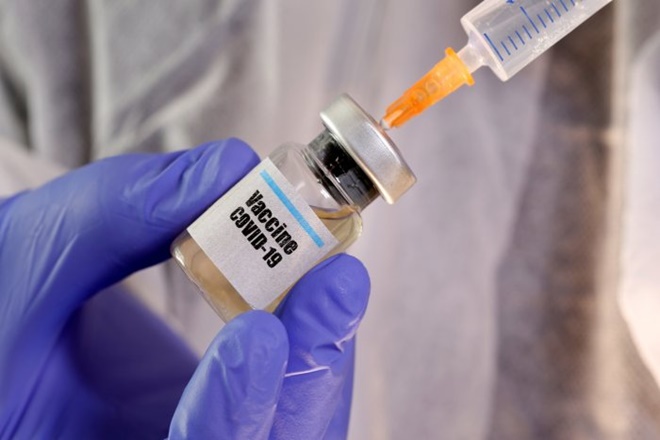London: The European Medicines Agency (EMA) predicted Thursday that there could be licensed drugs to treat coronavirus in the next few months. The body said that a vaccine might even be approved in early 2021, in a ‘best-case scenario’.
Specialist’s opinion
Dr Marco Cavaleri, who heads the European regulator’s vaccines department, gave this information to the media here. He said that approving medicines to treat COVID-19 might be possible ‘before the summer’. Cavaleri said that the stage of ongoing clinical trials indicates that a vaccine is on the anvil.
It typically takes years to develop a vaccine. Cavaleri however, said that if some of the shots already being tested prove to be effective, they could be licensed. It could happen as early as the beginning of next year.
Approach with caution
Cavaleri however, cautioned, however, that many experimental vaccines never make it to the end and that there are often delays. “But we can say if everything goes as planned, vaccines could be approved a year from now,” he said.
More than 140 heads of states and health experts issued an appeal Thursday. They called calling on all countries to unite behind a ‘people’s vaccine’ against COVID-19. Among them are South African President Cyril Ramaphosa, Pakistani Prime Minister Imran Khan and Nobel laureate Joseph Stiglitz. They also said that initially the vaccines should be available to anyone who needs them for free.
More than a dozen vaccines on trial
At the moment, there are about a dozen vaccine candidates being tested in China, Britain, Germany and the US. The World Health Organisation (WHO) has estimated it could take about 12 to 18 months for an effective vaccine to be found.
Some experts have proposed dropping the requirement for large-scale advanced clinical trials altogether. Cavaleri however, said that isn’t currently being considered.
“Our current thinking is all vaccines under development should undergo large phase 3 trials to establish the level of protection,” Cavalri said. But he acknowledged that could change if the situation worsened. “Things may evolve as the pandemic will evolve and we will see if we need to do something else,” he added.
AP
